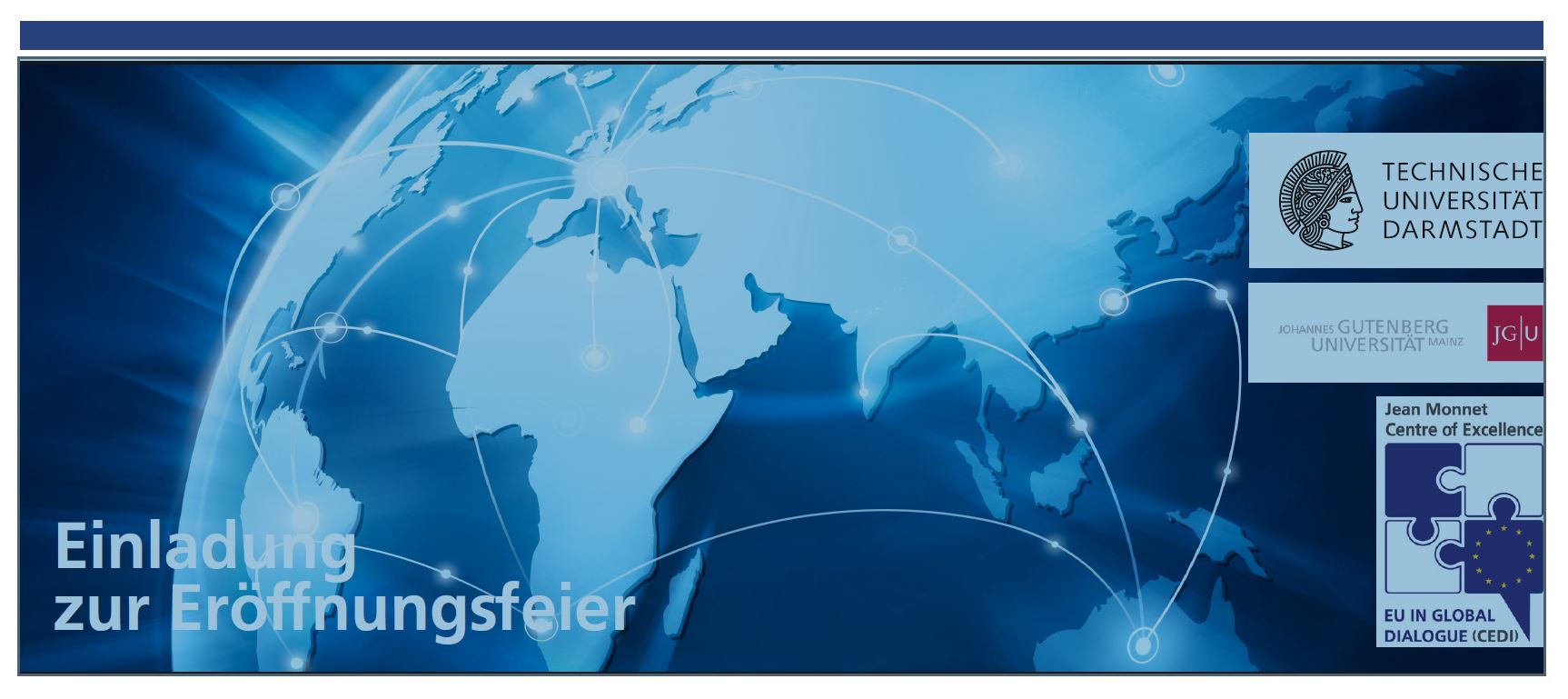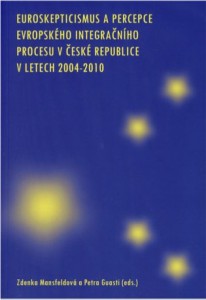Proposals are now being accepted for papers to be presented at the “EU in the World” Graduate Conference, which will be held at the University of Mainz on 9-10 January 2015.
The Jean Monnet Chair for European Integration Studies together with the Institute of Political Science at the Johannes Gutenberg University Mainz invites junior scholars of European studies, international relations, political science, security studies and neighboring disciplines to engage in a two day graduate conference on the role of the EU in world politics.
In the 21st century, global interactions and interdependencies are evolving faster than ever before. New and different forms and interactions between actors (states, supranational institutions, and non-state actors) emerge. In this dynamic environment the role, as well as the ambition of the EU change. The Lisbon Treaty – by introducing a single legal personality of the EU – may provide a new framework for the promotion of the EU’s values and interests globally in multiple arenas and settings (including international organisations, bi- and multilateral fora). In this effort the EU uses established as well as innovative forms of cooperation and interaction in areas such as security, energy, diplomacy, climate, economic competitiveness, trade and humanitarian aid.
The changing interactions between world regions and the rise of new global players also lead to the renegotiation of existing relations and give rise to major political, institutional, economic and social challenges. New geopolitical relations, (violent) conflicts and threats in the immediate EU neighbourhood have emerged, hinting towards the potential weakening of the link between interdependence and stability of the European/international system.
For EU studies, this constitutes an impulse for scholarly reflection and research of these developments focusing on improving the understanding of these complex developments. This broad theme encompasses the dynamic interplay between the EU, its member states and external partners in various policy areas, with particular attention paid to the following areas/topics:
- The EU as a global security actor
- The EU as a an economic actor (trade and development)
- EU relations with emerging and great(er) powers
- EU neighborhood policy
- EU and world regionalism / worldwide regional integration
- The EU as an environmental actor in world politics
The aim of the Graduate Conference is to provide a stimulating discussion forum and meeting place for junior scholars of EU studies – especially in the area of EU foreign relations. The Graduate Conference will bring together junior and senior scholars in order to provide junior scholars feedback and impulses for advancement of their work. The conference will include a panel/session on how to get published where more advanced academics will share their experience.
Proposals are welcome from graduate students in early and/or advanced phases of their studies. Preference will be given to papers (1) presenting significant contribution to and advancement of existent theoretical approaches to EU external policy, and/or (2) papers based on original fieldwork or empirical research in this field.
Deadline for submission of abstracts is 19 October 2014. Please submit your abstracts (approximately 200-300 words), including title of proposed paper, author's name, institutional affiliation, position/occupation/degree program, year of (postgraduate) study, and contact email address, per email to Prof. Arne Niemann (arne.niemann@uni-mainz.de AND Dr. Petra Guasti (guasti@uni-mainz.de).
Notification of acceptance will be sent by 24 October 2014. The deadline for submission of full papers: is 22 December 2014. (Paper should normally be 6,000 – 9,000 words).
There is funding available for participants' accommodation during their stay in Mainz and partial contribution to travel costs. Limited number of travel grants will be available - subject to selection based on the acceptance of paper proposal, expressed need and the financial resources available.




 The International Relations Unit at the Department of Political Science is proud to announce the second contribution to its new series of working papers, the Mainz Papers on International and European Politics (MPIEP): “Theorising Regionalism and External Influence: A Situation-structural Approach” authored by Johannes Muntschick (University of Mainz) continues the MPIEP series. The paper proposes an innovative theoretical approach to the analysis of regionalism by taking the impact of extra-regional relations and the influence of external actors explicitly into account. Its central assumptions are elucidated by brief plausibility probes on empirical examples from the Southern African Development Community (SADC), notably concerning regional economic, infrastructure and security cooperation.
The International Relations Unit at the Department of Political Science is proud to announce the second contribution to its new series of working papers, the Mainz Papers on International and European Politics (MPIEP): “Theorising Regionalism and External Influence: A Situation-structural Approach” authored by Johannes Muntschick (University of Mainz) continues the MPIEP series. The paper proposes an innovative theoretical approach to the analysis of regionalism by taking the impact of extra-regional relations and the influence of external actors explicitly into account. Its central assumptions are elucidated by brief plausibility probes on empirical examples from the Southern African Development Community (SADC), notably concerning regional economic, infrastructure and security cooperation.